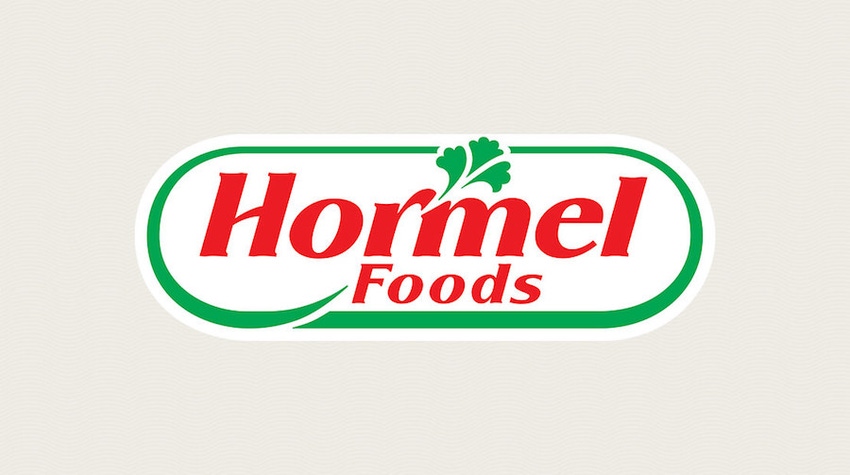Company facing limited labor availability, production inefficiencies and unseasonably low levels of inventory.

Even as Hormel Foods expects total incremental supply chain costs due to the COVID-19 pandemic to be $80-100 million in fiscal 2020, Jim Snee, company chairman, president and chief executive officer, reported an excellent third quarter across the retail and deli businesses, along with a rebound in the foodservice business.
“The intentional balance we have built across our portfolio has once again enabled us to generate stable cash flows in a very dynamic time period, even as we absorbed significant incremental costs in our supply chain due to the COVID-19 pandemic,” Snee said.
The company reported net earnings of $203 million, up 2% from $199 million in the 2019 third quarter, and record net sales of $2.4 billion, up 4% from $2.3 billion in 2019.
Many dynamics in the third quarter will likely be seen again in the fourth quarter, Snee said, including strength from the retail businesses and ongoing recovery in the foodservice business. “However, the magnitude of additional recovery in the foodservice industry, the performance of the entire food supply chain and the state of the broader economy remain highly uncertain.”
According to Snee, the company is addressing two areas of its business:
“First, while we saw an improvement in the third quarter, our foodservice business was still behind last year, which is a trend we expect to continue into the fourth quarter," he said.
Second, while Hormel’s plant professionals have worked to meet the high level of demand for product, even producing more product than ever, the ongoing increased demand and impact of COVID-19 on manufacturing facilities has forced some of the company’s key categories to find alternate solutions to increase production.
“In the fourth quarter, we expect factors such as limited labor availability, production inefficiencies due to COVID-19 safety measures and unseasonably low levels of inventory to challenge our ability to meet the increased demand for certain products,” Snee said.
About the Author(s)
You May Also Like




.png?width=300&auto=webp&quality=80&disable=upscale)
